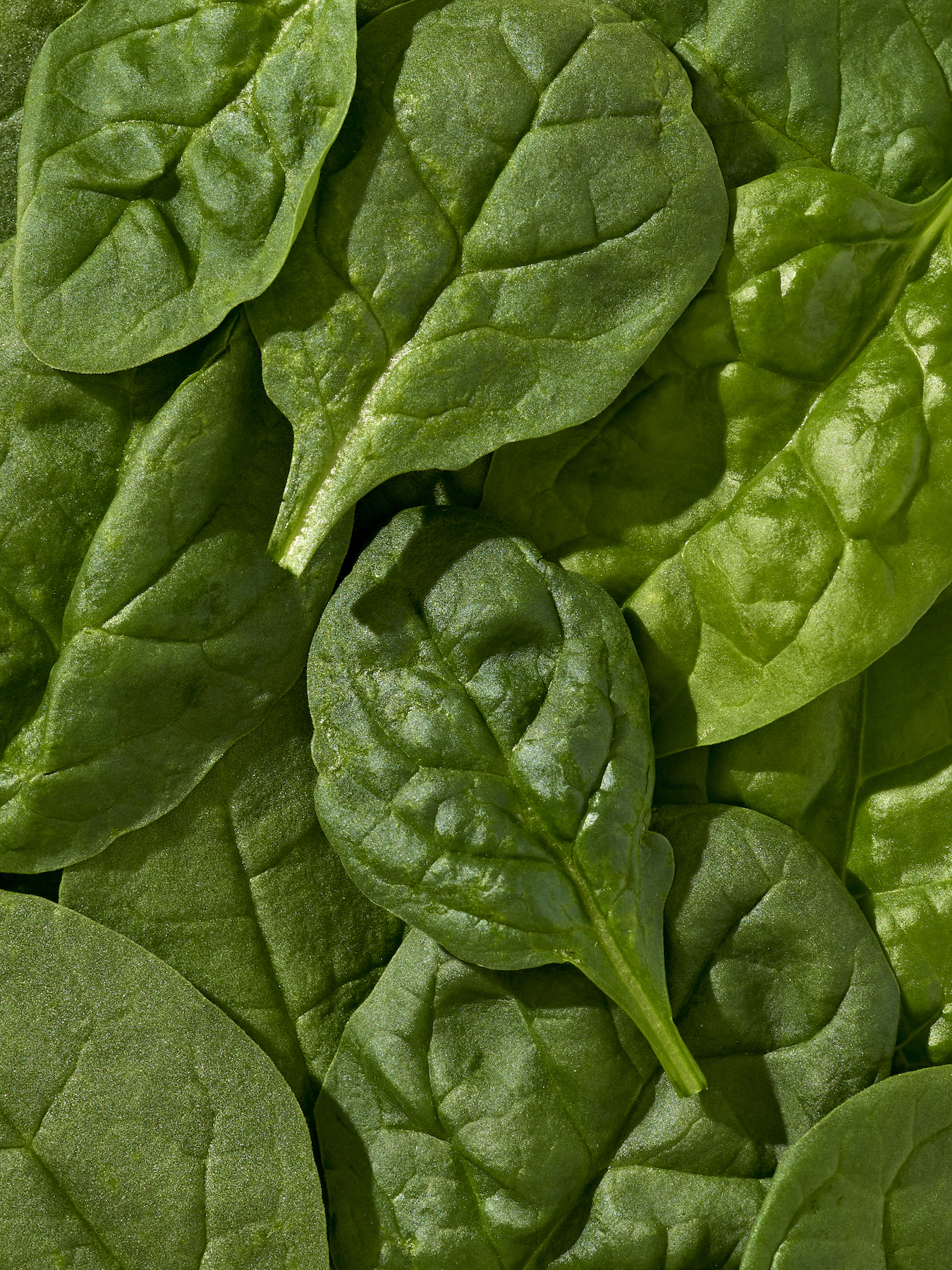What is the Mediterranean Diet? + Recipes
The Mediterranean diet, rooted in the traditional culinary styles of Mediterranean countries, has garnered significant attention for its numerous health benefits. Central to this diet is the consumption of primarily plant-based foods including olive oil, fruits, vegetables, whole grains, and occasionally lean proteins like fish and poultry. It emphasizes the use of fresh, whole foods and minimizes the intake of processed items, aligning with many dietary guidelines for a balanced and healthy lifestyle. The diet's popularity isn't just a passing trend; it's supported by substantial research indicating its effectiveness in reducing the risk of cardiovascular disease and improving cognitive function. Studies have also linked the Mediterranean diet to a lower risk of Alzheimer's disease, making it a focus for those interested in long-term brain health. Additionally, many find it to be a sustainable approach to weight loss, thanks to its focus on nutrient-rich, satisfying foods.
This comprehensive guide explores the Mediterranean diet, detailing what foods to enjoy , what to avoid, and includes several recipes to inspire your next meal. Whether you're looking to shake up your cooking routine or find heart-healthy meal options, these recipes will provide you with a taste of Mediterranean cuisine's diversity and flavor. It's important to note that while the Mediterranean diet offers many health advantages, individual dietary needs can vary. For personalized advice, especially if you have specific health concerns or dietary restrictions, consulting with a registered dietitian or healthcare provider is recommended.
We know life can get hectic, but sticking to your healthy lifestyle should be easy. That's why Hungryroot brings custom-selected, healthy groceries that magically turn into delicious recipes delivered right to your door. Our seamless process frees up valuable time and helps you effortlessly embrace a healthy lifestyle. Let us be your trusted partner on your journey to health — because you deserve to feel good, inside and out.
Start your health journey by taking our personalized quiz to get your recipe and grocery recommendations.
What are the benefits of the Mediterranean Diet?
Endorsed by the American Heart Association, the Mediterranean diet is celebrated for its numerous health benefits. Some of these benefits include:
- Improved Heart Health: The diet is rich in heart-healthy fats from olive oil, nuts, and fish, which contribute to lower cholesterol levels and reduced risk of heart disease. Its emphasis on whole grains and lean proteins also aids in maintaining a healthy cardiovascular system.
- Weight Management: High in fiber and nutrients, the Mediterranean diet promotes satiety and helps in controlling weight. The focus on whole foods over processed ones supports a healthy diet that can lead to sustainable weight loss.
- Reduced Risk of Chronic Diseases: Studies have linked the Mediterranean diet to a lower risk of chronic diseases, including type 2 diabetes and certain types of cancer. The diet's rich antioxidants and anti-inflammatory properties play a significant role in this benefit.
- Enhanced Cognitive Function: The nutrients found in the diet, particularly those in fatty fish and olive oil, are known to support brain health and may reduce the risk of cognitive decline and diseases like Alzheimer’s. Regular consumption of these nutrient-rich foods helps maintain cognitive function, especially in older adults.
- Better Digestive Health: The high fiber content from fruits, vegetables, and whole grains in the Mediterranean diet supports digestive health. This encourages a healthy gut microbiome, essential for optimal digestion and nutrient absorption.
When combined with regular physical activity, the benefits of the Mediterranean diet are even greater. Physical activity complements the diet's effects on weight loss and metabolic health, helping maintain a healthy weight, reducing the risk of developing metabolic syndrome, and enhancing cardiovascular health. Additionally, this combination supports a healthy lifestyle that goes beyond physical health, encompassing mental and emotional well-being. Together, the Mediterranean diet and physical activity form a powerful duo that can significantly impact an individual's overall health, from maintaining optimal blood pressure to improving cognitive function and reducing lifestyle-related risk factors.
What can you eat on the Mediterranean diet?
The Mediterranean diet is a well-rounded eating plan focused on the traditional cooking styles of countries bordering the Mediterranean Sea. It emphasizes:
- Fruits and Vegetables: A wide variety of fresh and colorful produce, consumed daily.
- Whole Grains: Foods like whole wheat bread, brown rice, quinoa, and oatmeal.
- Healthy Fats: Primarily olive oil, along with avocados, nuts, and seeds. Olive oil is the primary source of added fat, known for its heart-healthy properties.
- Lean Proteins: Mainly fish and poultry, with red meat consumed in moderation. Fish, rich in omega-3 fatty acids, is consumed regularly, supporting cardiovascular health.
- Legumes and Beans: Such as lentils, chickpeas, and various types of beans.
- Dairy: Preferably low-fat options like Greek yogurt and small amounts of cheese like feta cheese.
- Herbs and Spices: To flavor meals instead of salt. The use of herbs and spices over salt for seasoning not only enhances the taste of food but also contributes to the health benefits of this diet.
In this diet, emphasis is placed on whole, minimally processed foods and a high intake of fresh fruits and vegetables. The Mediterranean diet is more than just a list of foods; it's an approach to eating that emphasizes freshness, variety, and moderation.
What should you avoid on the Mediterranean diet?
When following the Mediterranean diet, certain types of foods and ingredients are typically avoided or minimized. These include:
- Red Meat: Limit consumption of red meat like beef, lamb, and pork, opting instead for fish or poultry.
- Processed Meats and Foods: Avoid or minimize processed meats (like sausages and deli meats) and other processed foods that often contain high levels of salt, preservatives, and unhealthy fats.
- Refined Grains: Stay away from refined grains found in white bread, pasta, and other products made with refined or processed flour.
- Added Sugars: Reduce intake of added sugars, which are commonly found in sweets, sodas, and many processed foods.
- High-Fat Dairy Products: Limit high-fat dairy products such as full-fat cheese, cream, and butter.
- Trans Fats: Avoid trans fats, typically found in margarine, some processed foods, and certain baked goods.
- Excessive Alcohol: While moderate consumption of wine, especially red wine, is a hallmark of the Mediterranean diet, excessive alcohol intake should be avoided.
By focusing on whole, natural foods and limiting these items, the Mediterranean diet promotes a balanced and heart-healthy way of eating.
Our Favorite Mediterranean Diet Recipes
- Yuzu Baked Salmon + Asparagus
- Mediterranean Salmon + Hummus Bowl
- Whole Grain Hummus Meatball Wrap
- Mediterranean Chicken Over Rice
- Halloumi Pita Pocket With Tzatziki
- Zesty Avocado Couscous Salad
Do you find yourself constantly on the go but still want to indulge in healthy foods? The expert chefs at Hungryroot have crafted various delicious recipes, including Mediterranean diet recipes and groceries delivered straight to your doorstep.
Whether juggling work, family, or other commitments, Hungryroot helps you enjoy mouthwatering foods without compromising your health goals. Get started today by taking our personalized quiz and start your health journey right from day one!
Recommended Reading
- Top Shredded Chicken Recipes You’ll Love
- Quick & Easy Mediterranean Diet Recipes For Busy Weeknights
- Easy Mediterranean Diet Meal Plan For A Healthy Week




